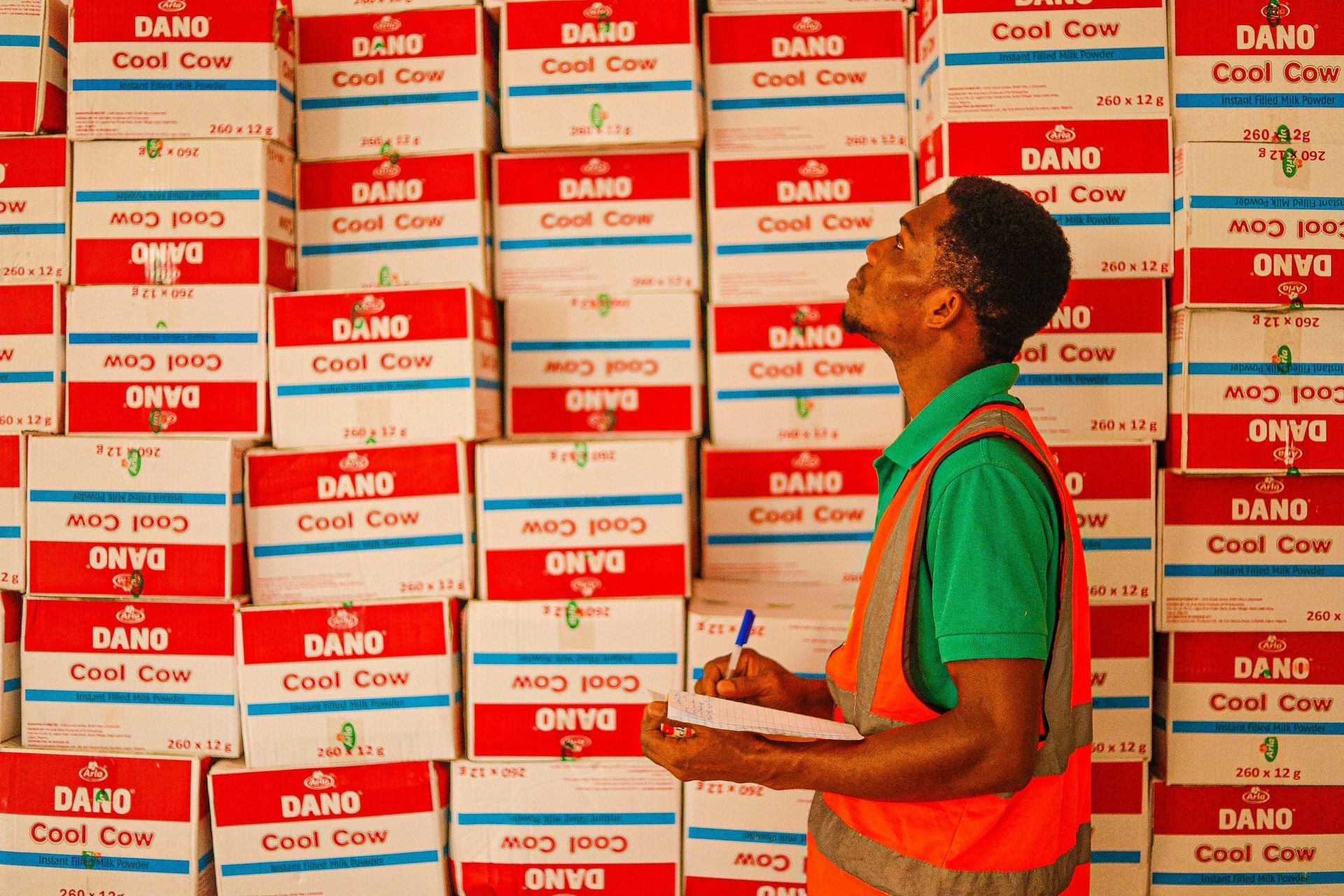What Skills Do You Need to Work in a Factory?
If you’re looking for a job, you have the pick of the litter right now. Many industries are hiring part-time and full-time positions. We work with a number of clients in the manufacturing and warehousing space, and they are always on the lookout for highly qualified factory workers. In a factory, you may be required to work on an assembly line, operate heavy machinery, lift large objects, perform quality control, and many other tasks. What skills do you need for a factory job? We’ll break it down for you in this article so you can make sure you’re right for this lucrative position.
Strong focus and concentration
One of the most common factory job tasks is working on an assembly line. This is common in many industries from food to automotive. When you’re on an assembly line, you work alongside your shift teammates doing the task at hand, and them moving the product to the next person in line. This type of work can be repetitive, so it’s important to have strong focus and concentration over a long period of time. If you lose focus over your shift, you may make mistakes in your job that can affect your co-workers and the company’s bottom line.
Hand-eye coordination
There are a lot of fine details employees are responsible for when working in a factory, which is where hand-eye coordination is critical. From working on an assembly line to operating machinery to making repairs and more, factory work requires you to be good with controlling your hand movements. In addition, visual inspection of the products is an important part of the job, ensuring everything is up to par.
Physical fitness
If you’re ever been to a factory before, you know that most employees are on their feet for the duration of their entire shift. Either standing on the line or walking between work stations, factory workers need to be physically fit in order to perform the duties of the role. Lifting heavy objects is often a requirement in factories. In fact, many job descriptions will actually outline how many pounds candidates need to be able to lift.
Stacking, loading, and unloading
In many factory jobs, employees are required to handle the products the factory produces. This can involve correctly stacking the products and ensuring that the materials are properly placed within the building, such being clear of emergency exits, fire alarms, heating pipes, and other stacks. In addition, handling products also involves loading and unloading materials from and onto trucks. Having knowledge about how to handle products correctly and safely is highly valued in the factory workplace.
Health and safety regulations
While you may be able to learn health and safety regulations that are specific to your job once you begin the role, it’s important to have some prior knowledge before going into the position. Factories are high-risk environments, where employees can be injured if they are not following the guidelines correctly. From toxic chemicals to heavy objects, there are a lot of elements that can be dangerous in a factory. Be sure to learn about health and safety regulations before you apply for a factory position.
Oral communication
Whether you’re on the assembly line, loading and unloading trucks, or operating heavy machinery, when you’re working in a factory you’re always interacting with your team members. This is why effective oral communication is key to success in this work environment. If you can communicate well with others, you can be more productive, keep everyone safe, and avoid any misunderstandings. It’s no problem if English isn’t your first or second language. As long as you have the vocabulary to communicate about the job, you can be successful.
Adaptability
Many employers look for factory workers who are flexible, can think quickly on their feet, and are able to learn new tasks on the fly. Being adaptable is a highly valued skill in the factory world because things can change quickly. If you can learn different roles within the workplace, such as cross training for numerous functions, then the manager can place you wherever you are needed most during the shift. This can lead to promotions and raises as you become a valued member of the team.
Dependability
If you can show up for each shift, show up on time, and complete every task on your list, you’re going to be ahead of your colleagues. In the factory, being reliable and dependable is highly important, and employers are looking for workers that have this quality. In addition, it’s important to take initiative during your shift, so that your supervisor knows you’re able to find and complete tasks that need doing on your own. This way, they don’t have to micromanage you for every shift.
Think you’ve got the skills for a factory job? Here’s what to do next
Applying for factory jobs is easy when you work with Noble Human Resources Solutions. We have several clients in the manufacturing space who are constantly filling full-time and part-time roles for factory workers. All you have to do is check out our online job board and apply to a position you’re interested in. You can apply directly through the job board and the application only takes a few minutes.
If you don’t see any positions that interest you on the job board, then fill out the
Job Seeker Form on our website. Our team will be in touch with you to learn more about your employment experience and needs. Whether you’re looking for a factory role or something else, our associates will be able to place you with a rewarding employer in no time.


